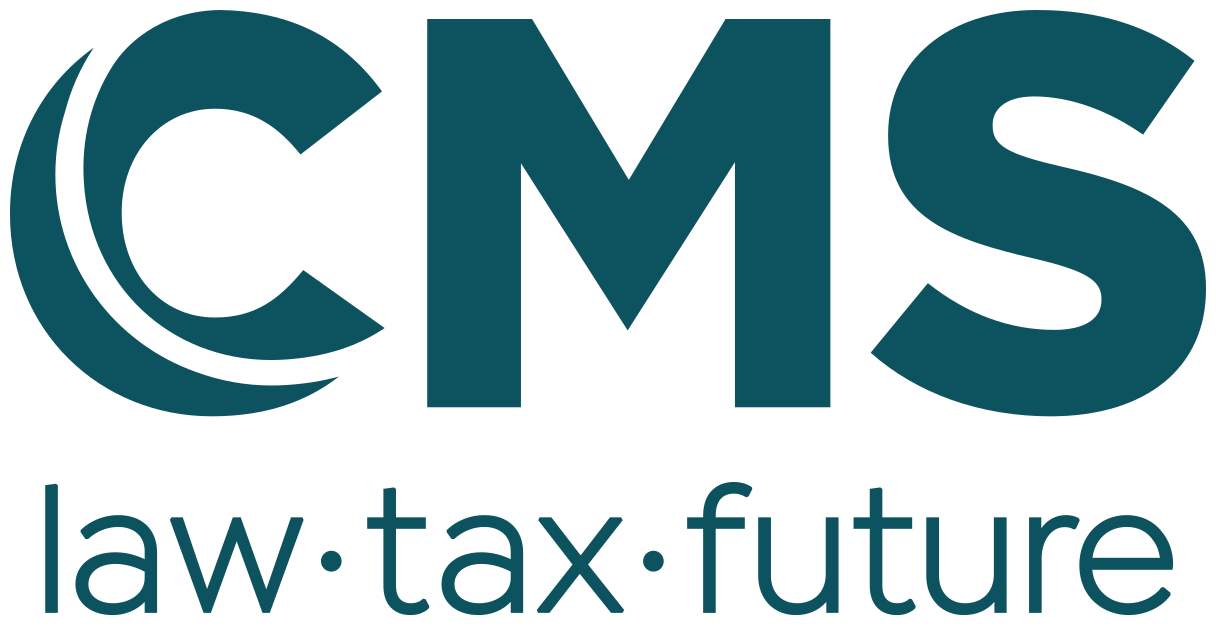Overview
In 2021, COP26 was hosted in Glasgow. It was seen as a pivotal moment in tackling the global climate crisis. Help your students understand the impact the COP26 had and the key issues at play through our classroom resource.
Aimed at students in KS4 and 5 or S3-S6, this resource is designed to be run over a 1-2 hour period. Students are introduced to key pieces of environmental legislation and critically analyse what impact this legislation is having on tackling climate change now and in the future.
By the end of the lesson(s) students will be able to:
- Analyse who is responsible for tackling climate change and who is responsible for addressing its effects;
- Explain the key outcomes of a range of climate change related legislation and examine how these are being used to drive change;
- Critically consider the role of the law in real life cases and explain how people are using the law to challenge decisions and instigate change.
Acknowledgments:
This classroom resource was developed in partnership with and funded by the international law firm CMS Cameron McKenna Nabarro Olswang LLP.

We would like to thank the staff and pupils at Balerno High School, Eastbank Academy, Maria Fidelis Catholic School and Mulberry School for Girls for their input during the piloting of this resource pack.
More Lessons resources
Online Opinions
During this lesson pupils explore why people see different results when searching for information online. Pupils find out about filter bubbles and consider what impact these have on peoples thoughts…
What is Tax?
During this lesson, students will look at the purpose and collection of taxes. They will explore how public services...
Who Can Help?
In this lesson pupils will learn about the ‘special’ people who help in their community. They will consider who can help them in different situations and how they can ask…
More Community resources
Identities
In this lesson pupils will develop an understanding of what is meant by the term ‘identity.’ They will explore their own sense of identity and share this with others, appreciating…
Making a Difference From Home
Our packs support KS2 and KS3 pupils to plan and deliver their very own mini social action project. By...
Plastic Pollution (KS2)
Find out more about the impact of plastic on our oceans. Watch this introductory video and use our free...
More Politics and Democracy resources
Climate Action: Using the Law to Drive Change
In 2021, COP26 was hosted in Glasgow. It was seen as a pivotal moment in tackling the global climate...
What is a Digital Citizen?
In the delivery of this resource your students will explore what is meant by the term ‘digital citizen’. They...
Democracy Ambassadors
What was Democracy Ambassadors? Between April 2018 and March 2019 Young Citizens worked with youth leaders to recruit 1,000...
More Social Action/Active Citizenship resources
What is a Citizen?
In this lesson pupils will be encouraged to think of themselves as citizens with the potential to make a positive difference in society. The lesson opens with the traditional tale…
COP: Climate Action
In November 2021, COP26 took place in Glasgow. It was the most pivotal climate summit of all time. This resources will explore what COP is and what COP26 aimed to…
The G7 (Lesson Plan)
During this two lesson resource pupils learn about the G7 and take part in a mock G7 Summit meeting. During the first lesson pupils explore the history and function…
More Sustainability and the Environment resources
Climate Action: Using the Law to Drive Change
In 2021, COP26 was hosted in Glasgow. It was seen as a pivotal moment in tackling the global climate...
World Female Ranger Day (KS2)
During this lesson children will learn about World Female Ranger Day. Pupils will explore where the continent of Africa is and learn about its unique wildlife, and why it needs…
Litter: The Picnic (Assembly)
With the help of one of the Go-Givers puppets or a soft toy, this assembly highlights how the rubbish we discard can and spoil the environment and endanger wildlife. The…
More Understanding Rules & The Law resources
All at Sea: a story about fairness and the rule of law
During this lesson pupils use the story ‘All at Sea’ to explore how a group of citizens should organise a new society under a challenging set of circumstances. Each chapter…
What is a Digital Citizen?
In the delivery of this resource your students will explore what is meant by the term ‘digital citizen’. They...
Sentencing Myths (SmartLaw Subscription)
This short activity challenges young people’s perceptions of current sentencing guidelines. It can be run as a standalone activity or as an extension activity as part of a mock trial…
More KS4 (ages 14-16) resources
Citizenship: a privilege or a right?
Students research what the law says about the rights of individuals to become UK citizens and critically examine whether...
Police Powers (SmartLaw Subscription)
This lesson examines the powers that the police have to stop and search, arrest and detain individuals. Students also have the opportunity to create their own ideal police force considering…
Law Makers (SmartLaw Subscription)
In this lesson students examine what the rule of law is and why we need it. They consider how and why laws are made in the UK and what the…
More KS5 (ages 16-18) resources
Climate Action: Circular Economies
During this lesson students explore how the economy can be used to support climate action and create a more...
What is a Political Party?
This resource pack is the fourth of a four-part set which has been designed to introduce students to the...
Voting and the General Election
This resource pack is the second of a four-part set which has been designed to introduce students to the...
